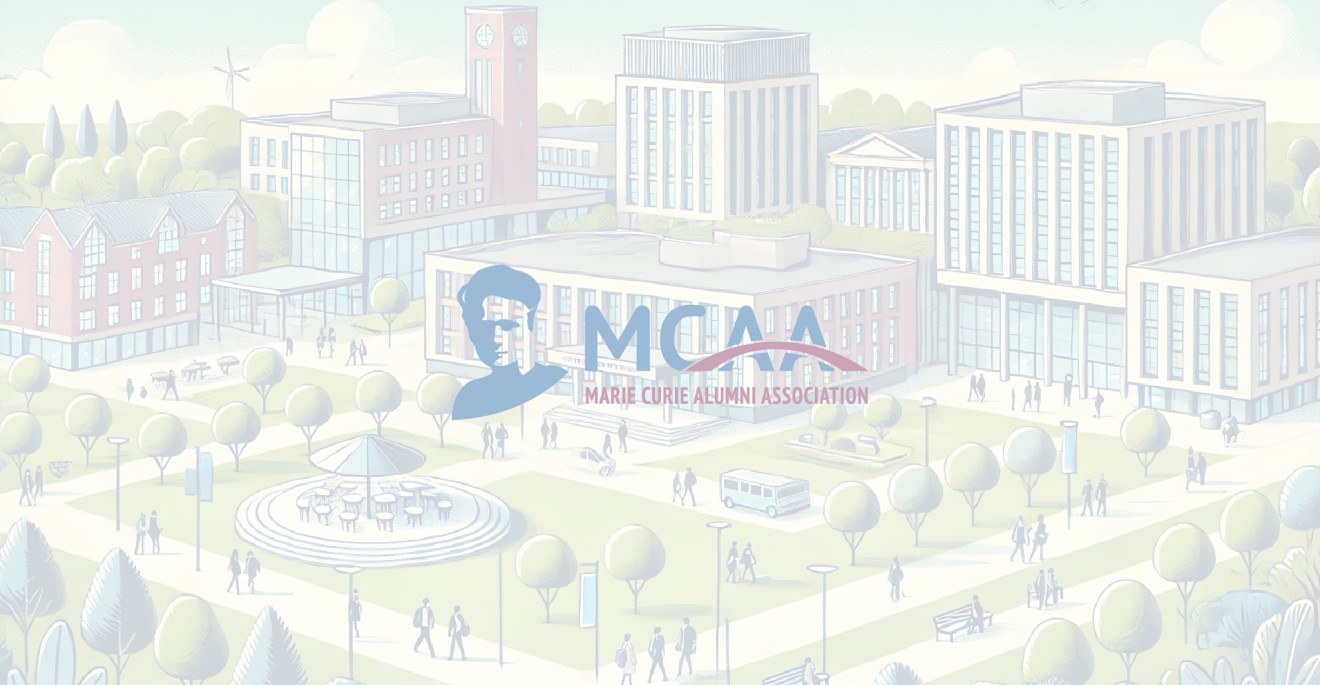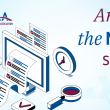The MCAA calls on the European Commission for further action to mitigate the impacts of the COVID-19 pandemic on MSCA Fellows


The European Commission’s position since the start of the pandemic has been not to grant costed extensions to the researchers it funds, and this position has been received with concern by MSCA fellows as well as by university organisations who are urging funders to ensure that early-career researchers in particular should not pay the price.
On 15th April, the MCAA published a message to MSCA, asking to provide more support to its fellows in order to maximize the chances for them to pursue their projects and to be able to continue their path as researchers in the long-term. The message was developed in collaboration with Alejandro Manzano Marín, who launched a petition asking for costed extensions to MSCA researchers (a full summary of the initiative was published by EuroScientist). On 21st April, MSCA published an information note explaining its position and advising fellows to approach their MSCA National Contact Points (NCPs) for more detailed information, or their respective Project Officer (PO) in the Research Executive Agency (REA) for further assistance.
On 11th May, the MCAA launched a survey to map more comprehensively the impact of COVID-19 on MSCA projects, including how effective MSCA/REA’s advice to contact local NCPs or POs is in resolving fellows’ issues. Analysis of the first 345 survey responses indicated that about half of the respondents were unable to continue their project remotely. Less than a third of the respondents (107/345) contacted their PO for assistance, and out of these only 17 indicated that their PO’s response helped resolve their problem or concern. These results were shared with MSCA, alongside a set of recommendations to ensure further action is taken to more clearly communicate routes to contact local NCPs and POs, and that attention is given to why POs aren’t being effective in providing tailored solutions where they are being contacted, and how this can be resolved.
The survey is still open for further responses. Note that there is a section to leave contact information, including permission to share details with MSCA/REA directly. MSCA has assured us that REA is already in touch with those out of the first 345 respondents who left their contact information as a route to further support. On request from the MSCA we advise those who have not yet done so, to contact their Project Officer (PO) in REA, with a view to find a solution adapted to their situation.
While we continue our efforts to capture the breath of the issues experienced by MSCA fellows, and remain committed to sharing information and working on solutions with MSCA and REA, we want to reiterate our support to the MSCA fellows who are calling for costed extensions of their fellowships. We in this context very much welcome the statement by LERU, advocating for the European Commission to allow costed extensions where no alternatives exist. We also want to explicitly echo the concerns expressed by Alexander Hasgall, Head of the European Universities Association Council for Doctoral Education, ‘that a long-term approach is needed … as it can take years for the university system to recover from a financial crisis and it is important that early-career researchers do not pay a high price’.
If you are an MSCA fellow with unresolved problems, we in first instance recommend that you consult the MSCA information note and official FAQ (the support pages of the European Commission). If this does not help in resolving your issue, please contact your Project Officer in REA. You can still fill out the MCAA survey on the impacts of COVID-19, and leave your contact details for us to share with MSCA directly. If you have further questions on our activities in relation to the impacts of COVID-19 on MSCA fellows, please contact contact@mariecuriealumni.eu.


